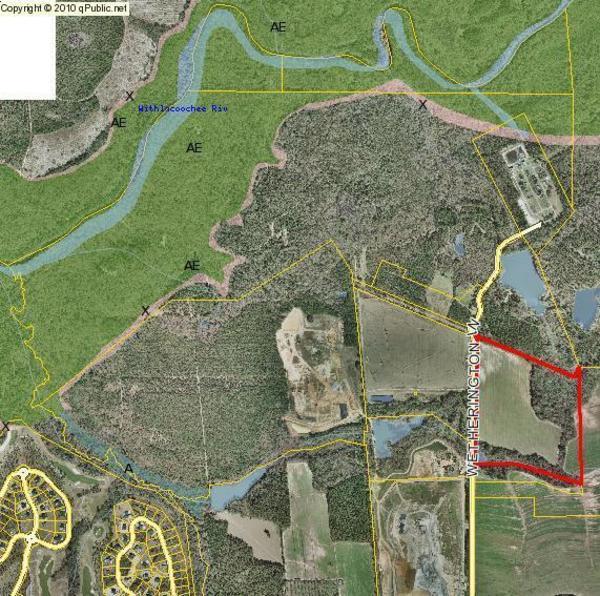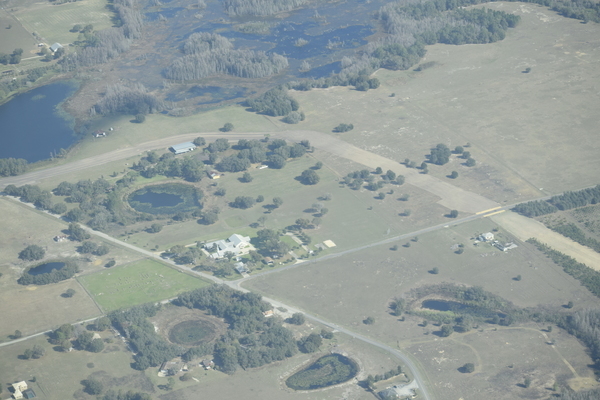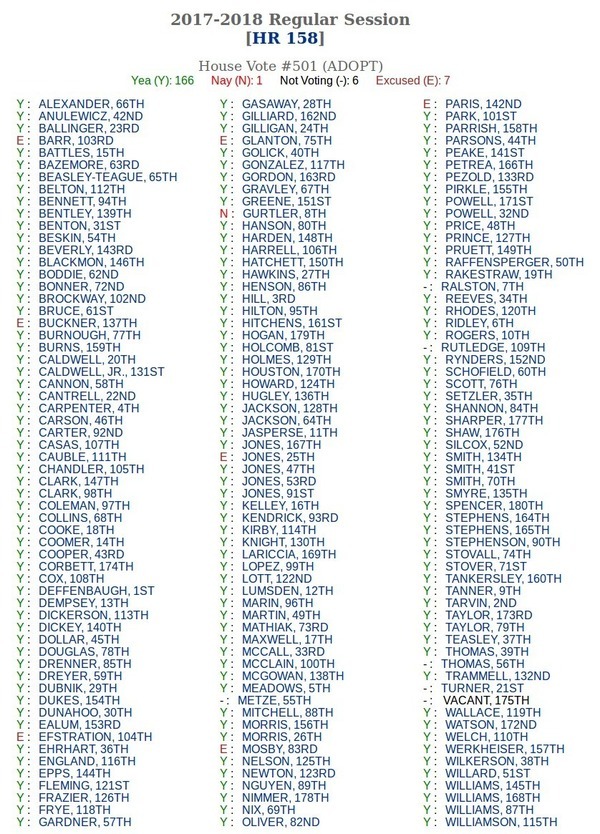I’ve wondered whatever happened to Andrea Grover since she no longer has
landowner “stakeholders” to try to sell on her pipeline.
 Turns out
she’s selling debt bonds for Sabal Trail now,
according to a press release of Monday.
Turns out
she’s selling debt bonds for Sabal Trail now,
according to a press release of Monday.
The notes were issued in three tranches as follows (collectively,
the “Notes”): $500 million principal amount of 4.246% senior notes
due 2028, $600 million principal amount of 4.682% senior notes due
2038, and $400 million principal amount of 4.832% senior notes due
2048.
Those sound like good interest rates, especially that 4.832%.
But why is it
listed on the Berlin Stock Exchange,
and what about that Baa1 Moody’s bond rating?
That is eight steps from the top and three steps above “Non-Investment Grade” aka
junk bonds.
I wonder what happens if Sabal Trail doesn’t make its FERC-extended construction deadlines?
Somebody remind me, what assets does Sabal Trail Transmission, LLC
have, as in what recourse would a bond-holder have if the issuer decided
to cancel them?
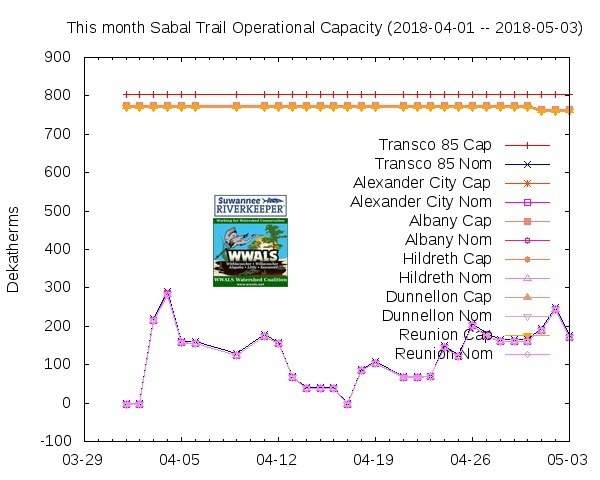
Graph: by WWALS, from Sabal Trail’s FERC-required Informational Postings.
Or maybe, unlike the amount of gas Sabal Trail is pumping (see above graph),
SEP’s stock price will stop dropping and Continue reading →
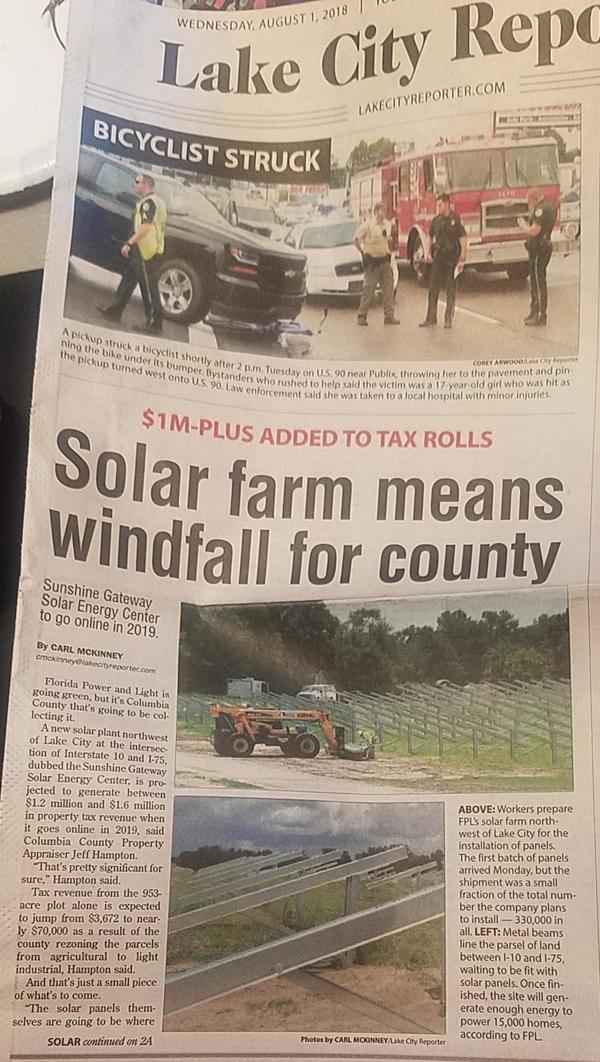

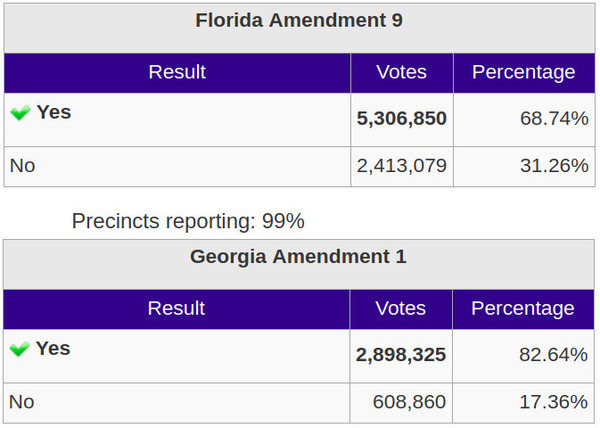

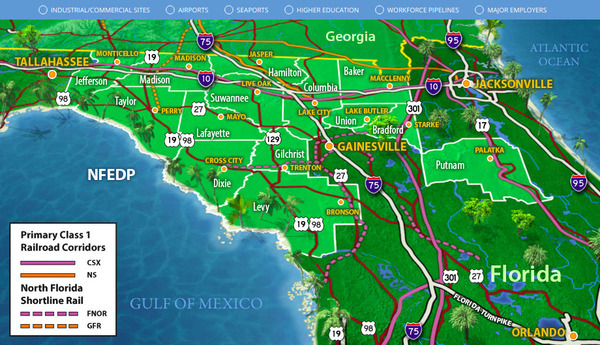
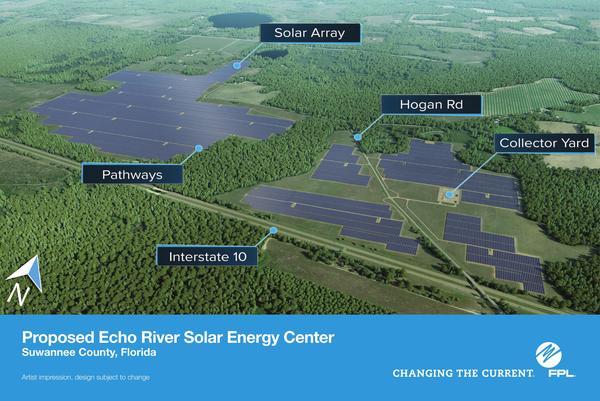
![[Dennis Price explains, 13:50:12, 30.57871, -83.05231]](https://www.wwals.net/pictures/2018-01-27--hike-dead-river-sink/20180127_135013.jpg)
